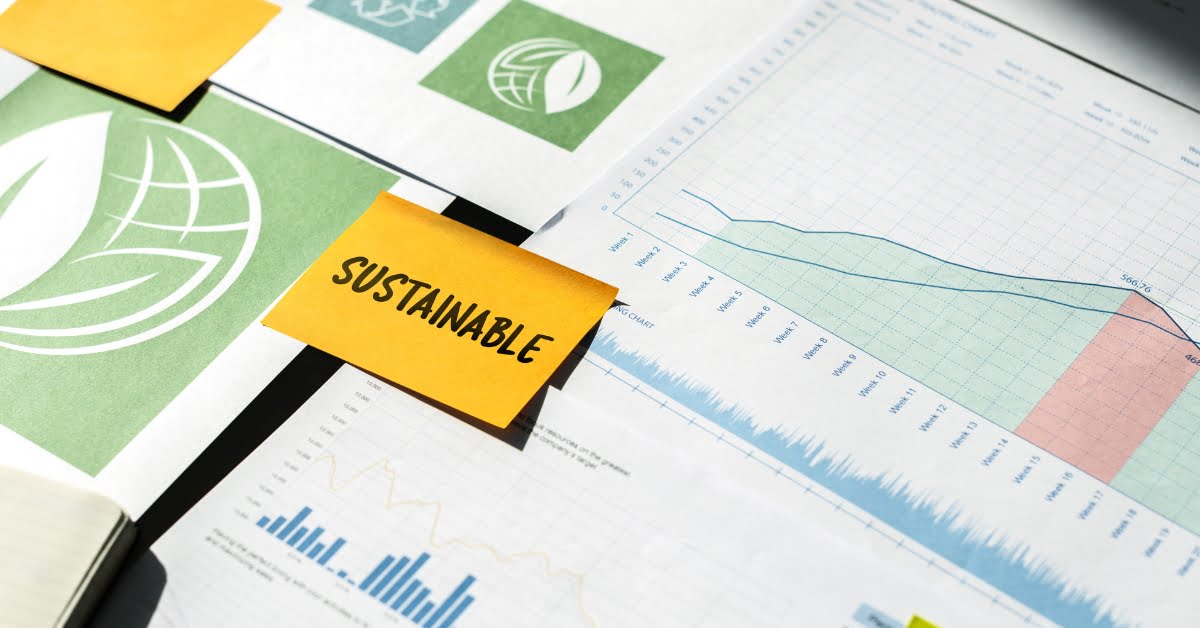
Published
November 28, 2023
Tags:
Let’s look into the state of sustainability reporting in the Philippines and its importance, especially for B2B enterprises.
The world is witnessing a growing demand for companies to share information about their sustainability efforts openly. Investors and consumers increasingly favor eco-friendly businesses that actively prioritize sustainability.
Let’s look into the state of sustainability reporting in the Philippines and its importance, especially for business-to-business (B2B) enterprises.
Sustainability Reporting in the Philippines

Sustainability reporting may be a buzzword for various industries, but that certainly has not always been the case. In fact, in 2017, only 22% of all publicly listed companies (PLC) in the Philippines published sustainability reports—far below the global average.
To address this low compliance, the Securities and Exchange Commission intervened in 2019, introducing sustainability reporting guidelines for PLCs which led to a substantial increase in compliance to 90.4%.
Looking ahead, the SEC announced in 2023 that sustainability reporting will be mandatory for all PLCs in the country. Companies must now attach sustainability reports to their annual reports, effectively keeping the importance of sustainability reporting at par with financial reporting.
Key Considerations for Sustainability Reporting

Sustainability reporting requires carefully navigating the ins and outs of sharing a company’s dedication to environmental, social, and governance practices. Here are some points to keep in mind before you start drafting your report:
- Familiarize yourself with the SEC’s Sustainability Reporting Guidelines and the specific mandates applicable to your industry.
- Follow global standards for credibility.
- Keep stakeholders in the loop using the SEC’s Sustainability Reporting Template, and dive deep into each topic with a clear management approach.
- Regularly talking with business partners is crucial to grasp their specific ESG needs.
Once you have those pinned down, it’s time to plan how you’ll tackle writing your report. A great sustainability report has key parts—let’s look at each one:
- Start with a summary highlighting achievements, challenges, and the organization’s commitment to sustainability.
- Conduct a materiality assessment to prioritize vital economic, environmental, social, and governance impacts. Include robust performance data across economic, environmental, and social dimensions.
- Clarify how the company’s sustainability report is linked to the UN Sustainable Development Goals.
- Openly share the governance and leadership structures overseeing sustainability efforts to showcase accountability.
- Be transparent about the company’s approach to spotting and handling sustainability-related risks.
Hit Your Sustainability Goals with Oikos Sustainable Solutions

For businesses, big or small, looking to improve their sustainability efforts but are unsure where to begin, you’ve come to the right place! By using biodegradable bags like our product line at Oikos Sustainable Solutions, you can boost your eco-friendly business efforts through simple but measurably effective ways.
Oikos is the first and only brand in the Philippines endorsed by the Department of Science and Technology with an Environmental Technology Verification (ETV) for our corn starch bags and cassava starch bags. These innovative corn and cassava bags are plastic-free, biodegradable, and compostable—a practical choice for sustainable businesses in the Philippines. Explore our products today!
Facebook
Linkedin
Twitter
Pinterest
